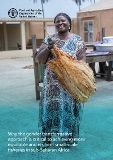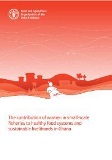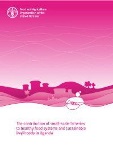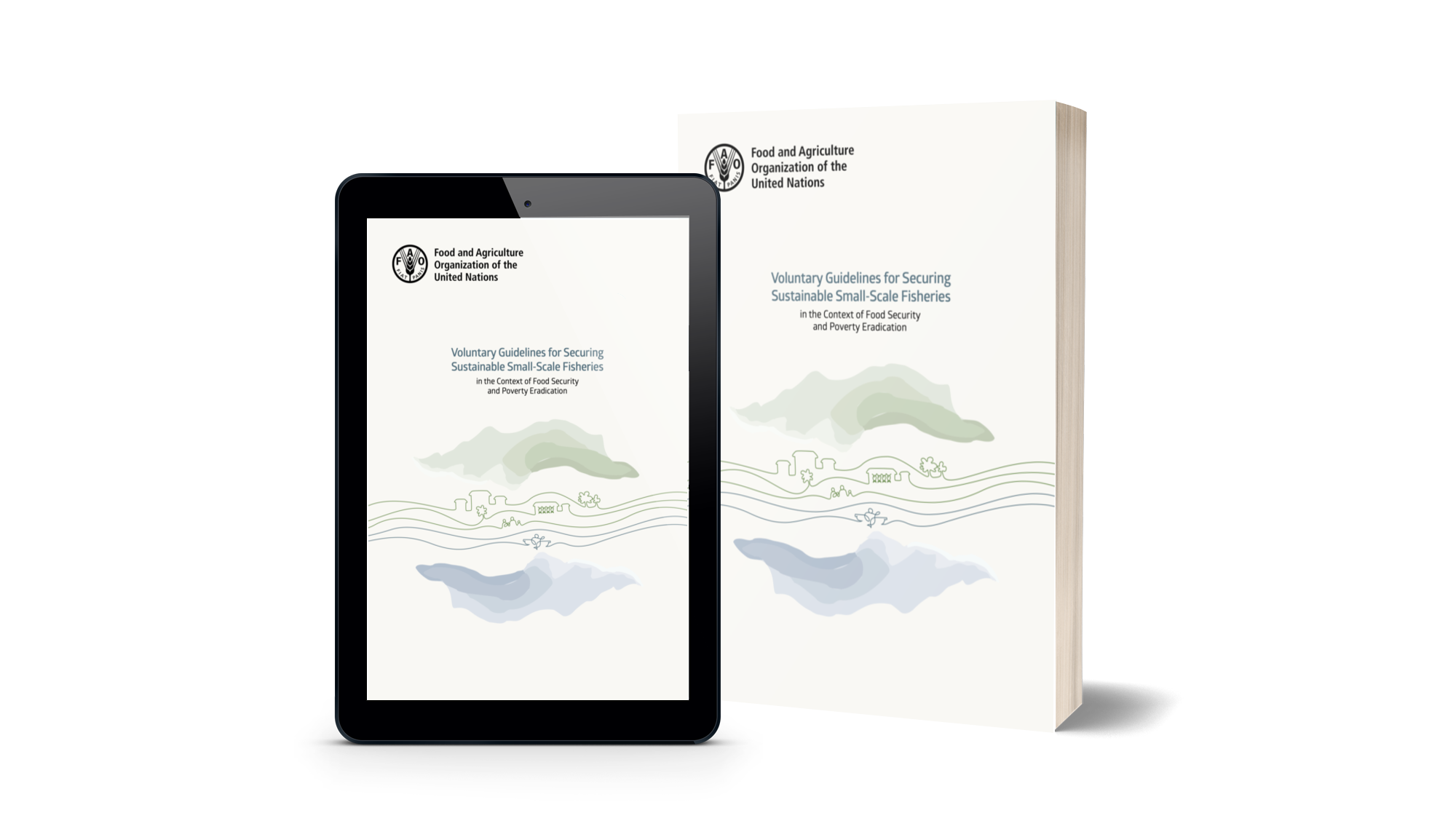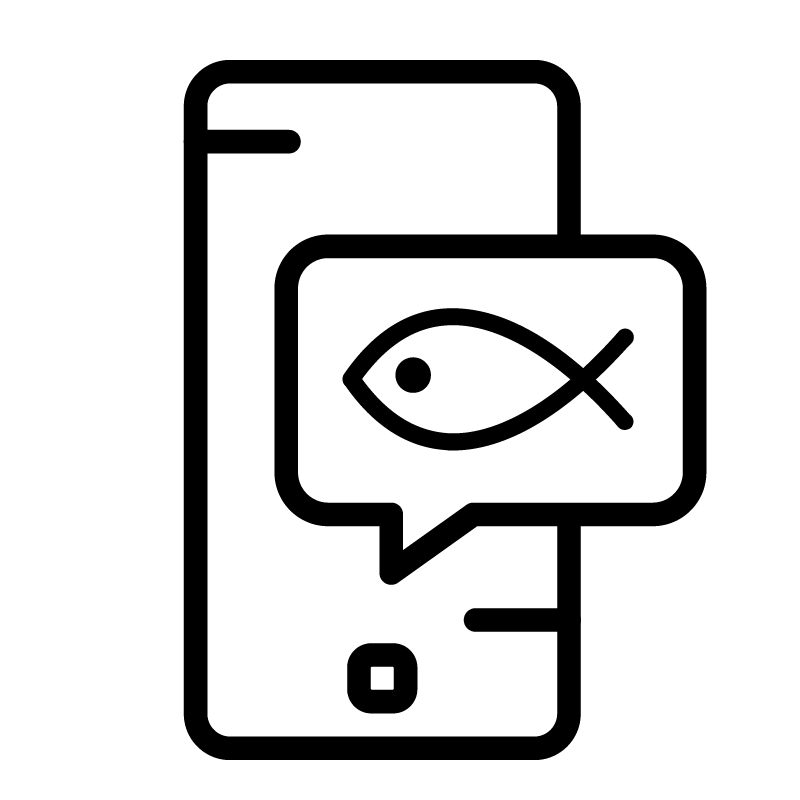The project was designed as a continuation of the “Empowering women in small-scale fisheries for sustainable food systems” - NORAD project - aiming to contribute not only to gender equality and equity and enhancement of the post-harvest sector, but also to include and develop more sustainable and climate resilient livelihoods and food systems.
This FMM funded project will support small-scale fisheries (SSF) and the implementation of the SSF Guidelines with a particular focus on gender issues, the post-harvest sector, and sustainable food systems in selected countries in sub-Saharan Africa (Ghana, Namibia, Madagascar, Malawi, Sierra Leone, the United Republic of Tanzania and Uganda) and in Asia (the Philippines and Indonesia).
All parties should avoid post-harvest losses and waste and seek ways to create value addition, building also on existing traditional and local cost-efficient technologies, local innovations and culturally appropriate technology transfers.
§7.5 SSF Guidelines
All parties should recognize that achieving gender equality requires concerted efforts by all and that gender mainstreaming should be an integral part of all small-scale fisheries development strategies.
§8.1 SSF Guidelines.
This project uses an innovative approach to transformative change combining the communication of evidence-based information on the contribution of fish and small-scale fisheries – particularly contributions from women in the SSF post-harvest sector– to livelihoods and food security and nutrition with capacity building and promotion of best practices. It addresses critical gaps with regard to working conditions, fish loss and waste, poor and lacking infrastructures, deficient social protection systems, insecure access to fish/fishery resources, the need for improved nutrition in SSF communities (in particular for school children), and work to strengthen SSF and women representation in decision-making processes.
Intended impact of the project
In accordance to chapter 9 of the SSF Guidelines, which recognizes the need for an integrated and holistic approach, in order to address risks and climate change, the intended impact of the project is to reduce poverty and improve food security and nutrition through more gender-equitable and climate resilient small-scale fisheries livelihoods and food systems. Its outcome statement is that Countries adopt policies and support practices in small-scale fisheries value chains and livelihoods that are more sustainable, inclusive and resilient to climate change and contribute to food security and nutrition.
Relevant publications

New videos available to boost training on improved post-harvest small-scale fisheries practices
19/12/2023
Written by: Patrick Kimani, Ansen Ward and Manoela Militão de Siqueira
A series of training videos have been created to promote peer-to-peer learning on improved post-harvest practices. Post-harvest practices refer to activities such as handling, process...

Malawi launches national plan of action for small- scale fisheries (2023 – 2030)
07/11/2023
The Government of Malawi, through the Department of Fisheries, with support from the Food and Agriculture Organization (FAO), launched Malawi’s National Plan of Action for the Implementation of the Voluntary Guidelines for Securing Sustainable Small-Scale Fisheries in the context of Food Security and Poverty Eradication (2023-2030).








